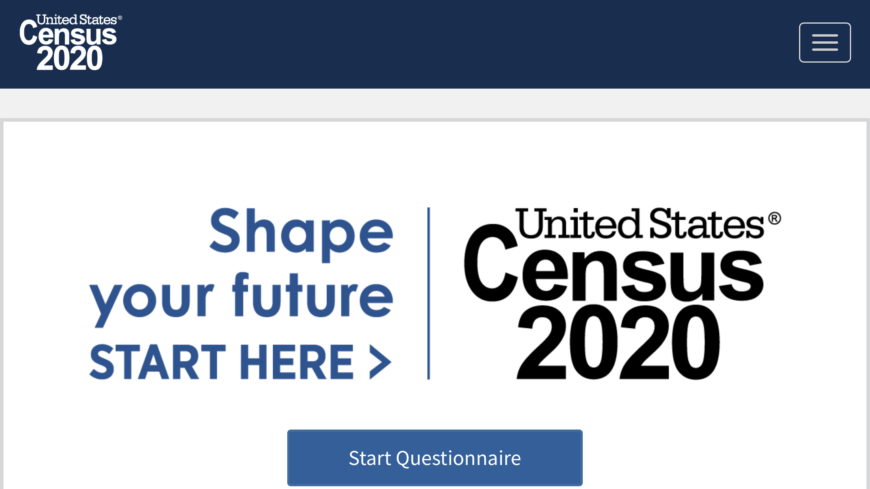If you’ve been a permanent resident (green card holder) for five years or longer, why have you not applied for citizenship yet?
Our immigration attorneys are always encouraging people to apply for naturalization–relatives, friends, and clients alike! We don’t encourage you to apply for citizenship to collect attorney fees, rather, we encourage you to obtain your citizenship for your own sake. We’re just Good Samaritans looking out for you and your family.
“Of course I want to be a U.S. Citizen”
If you understand why we encourage permanent residents to apply for citizenship–that’s great! Stop reading right now and go file your application immediately! These days, filing your N-400 Application for Naturalization couldn’t be easier–you can apply via mobile app and even pay with a credit card.
However, due to a great number of permanent residents realizing the importance of citizenship, United States Citizenship and Immigration Services (USCIS) is behind in processing and the entire process may take a year–or longer! All the more reason why you should get started on your naturalization process today (See our article: Want to get Naturalized? Here’s everything you need to know!)
“But, <insert your excuse>”
If you’re not sure why we’re strongly encouraging green card holders to apply for naturalization, then keep reading, because we have an important message for you.
Here’s the message:
As a U.S. permanent resident, your residency permit is not guaranteed.
What this means is that you may lose your green card at any moment. It could be caused by a change in laws, an unforeseen arrest, or perhaps you’ve had too many DUIs. You could lose your green card if you decided to study abroad, work abroad, or visit relatives for an extended period of time. You could have your permanent resident card revoked at the border for any one of the above reasons, and in the extreme, you may even be placed in a detention center or deported.
In other words, your “right” to remain in the U.S. is conditional, meaning it can be taken away from you.
With many changes being made under the new administration where current laws and regulations are being followed more closely than ever before, it’s important to review your history and decide if it’s time to naturalize. Green card holders with criminal records are being detained and deported. The amount of time a permanent resident stays in the U.S. versus abroad is closely scrutinized. Border control inspect green card holders carefully, checking their “permanent residence” category, flagging suspicious looking residents, and running FBI background checks.
If our message doesn’t convince you to apply for citizenship, then consider USCIS’ Top 10 Reasons Why You Should Get Naturalized:
- Voting Rights – The right to vote for gov’t representatives.
- The Right to Serve on a Jury – The right to participate in justice.
- U.S. Passport – The ability to travel with a U.S. passport and be protected in the U.S. embassies of foreign countries.
- Bring Relatives to the U.S. – The right to petition for relatives to immigrate to the U.S.
- Children under 18 can become U.S. Citizens – For your children, even if born abroad, to (likely) have automatic citizenship.
- Apply for Federal jobs – The right to apply to the many federal positions that are limited to U.S. citizens.
- Run for Public Office – The right to become a politician and represent your community.
- Maintain Residency – The right to leave the U.S. for as long as you want and still be welcome back.
- Eligibility for Federal grants and scholarships – The right to apply for federal student grants and scholarships.
- Eligibility for Government benefits – The right to apply for certain gov’t benefits that are limited to citizens.
If you’re convinced, head over to the USCIS N-400 page to read more about the naturalization process, or read our summary here.
If you have still have questions, send us a message or give us a call!




